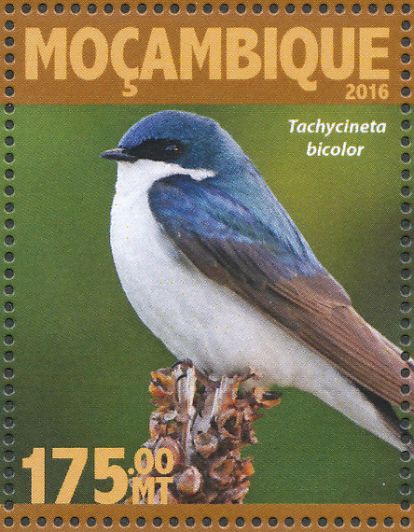Agricultural intensification is an important anthropogenic perturbation of the environment. It is characterized by a specialization of the production process, which results in a switch from diverse plantations to large monocultures. Agricultural intensification is also associated with increased use of pesticides, harvest frequency, and density of plantations in cultivated areas. This type of practice is linked to the population decline of several bird species in Europe and North America. For aerial insectivorous birds, this decline is usually associated with a decrease in biomass of insects due to pesticides. For instance, a study on house martins (Delichon urbicum) comparing food intake between landscapes treated or not with pest-control agents showed that nestling intake was lower in treated sites and resulted in lower fledging success. Agricultural intensification could also affect investment in immune functions. For example, in adult female tree swallows (Tachycineta bicolor), the response to phytohemagglutinin (PHA) was negatively linked with agricultural intensification, and the effect was more important for small females than heavy ones, suggesting energetic constraints in intensive agriculture lands.
The aim of this study was to investigate the effect of agricultural intensification on innate immune functions in breeding adult tree swallows (Tachycineta bicolor) over 6 yr. We investigated the relationship between agricultural intensification and bacteria-killing ability (BKA) against a strain of E. coli. We also assessed how the presence and the number of bacteria on the surface of eggshells changed with agricultural intensification. Contrary to our expectations, we found a positive relationship between agricultural intensification and BKA, where individuals had higher BKA in intensive compared to nonintensive farmlands. While this trend was observed through the 6-yr study, we also found a tendency for a reduction of BKA over time. We found no relationships between the presence or number of different types of eggshell bacteria and agricultural intensification or an association between BKA of females and eggshell bacteria of their clutch.
Source: C. Schmitt, D. Garant, M. Bélisle, and F. Pelletier (2017) University of Chicago Press
https://www.researchgate.net/profile/Clarence_Schmitt/publication/31076…

- Login om te reageren
